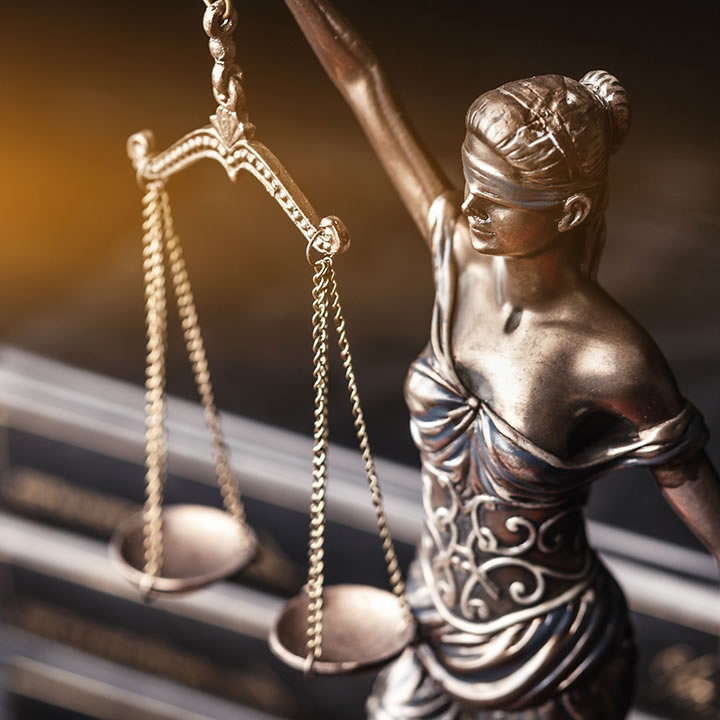According to Ernst Ashurov, an assault is a collection of different offences. These offences have in common that the conviction impacts a person for the rest of their lives. There are various ways a person can commit an assault, but the most common is applying force to another person without their consent, intentionally. It can be the smallest thing like trying to grab something from someone, kicking or punching them. And do you know that signalling to hit someone with a weapon is also regarded as an assault?
Most people commit assaults in a domestic setting. This could be child abuse, or any other kind of violence involving a parent, wife, girlfriend, or in-law. There are also matters involving serious assaults, like an assault causing bodily harm or assault with a weapon. Here are key things you need to know about assaults and how a criminal lawyer Toronto can help you in case you find yourself in this situation.
Investigation of Assault
The victim reporting usually starts the investigation process. The police will ask the complainant to give a written or video statement regarding what happened. The police will start investigations with shreds of evidence provided. These could be in the form of camera or video footage or using any medical evidence provided.
Once the police find an alleged perpetrator, they will track and arrest them. The suspects are then taken to the police station to be questioned, and according to the evidence, if found guilty, the police will press charges against them. Sometimes, charges are dropped. This happens if there is not enough evidence, or the public would oppose the prosecution.
How You Can Get a Loved One Out on Bail
If you committed a serious assault like domestic charges, you would get a formal bail hearing to secure your release. The bail hearing is usually held within 24 hours, and the counting starts from the arrest time. Nobody can contact you once you are detained, and the law states that the police should not give any information about you. The police will provide you with some private time to call your criminal lawyer in Toronto.
Can I Change My Release Conditions for Assault Charges?
Depending on how serious the charge is, the judge can release you on bail charges. If the assault was too serious, some tight restrictions might be applied to you. These could include;
- Getting in touch with the victim
- Going to the victim’s home or office
- A curfew
- Abusing any drugs
- Owning a weapon
- Travelling
If you are released on bail and go against the laid conditions, you can face other charges or have your bail revoked. When the matter has been taken in court, your requirements can be altered by either being increased or deleted.
Defences to Assault Charges
If you are charged with an assault, going to trial can be the best option. The defence strategies usually focus on the police’s steps when they were carrying out the investigation and the evidence collected. The best defences for assaults are;
- Factual innocence- this happens when the facts are given, and evidence provided does not support the alleged being there
- Self-defence against an unlawful assault. This could be because you took action to defend yourself, and you did not intend to cause death or harm to the other person.
- If you were defending someone else or your property. This can be used as defence provided you did not do it to cause death or harm.
- If there was consent between both parties to fight in order to settle a grievance, the alleged could use that as a defence.
What Can a Criminal Lawyer Toronto Do to Help
The lawyers start preparing your defence by looking into the actions police took and the evidence they used against you. Another thing they can do is;
- Collecting documents, pictures or messages that support your version of events and contradict the allegations
- Collecting evidence that questions the reliability of the witness. They could have been drunk
- Identifying any before and after arrest laws, the police went against
- Uncovering administrative errors like tampered evidence
Source: Ernst Ashurov

